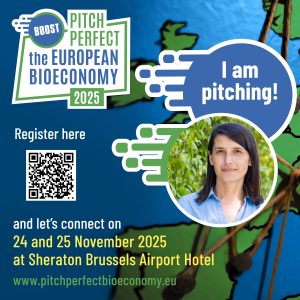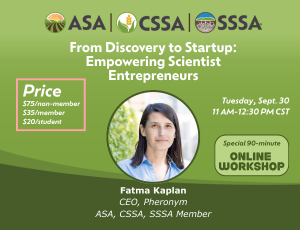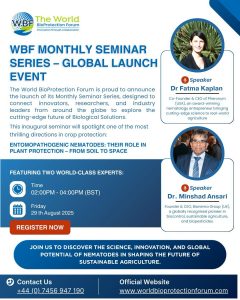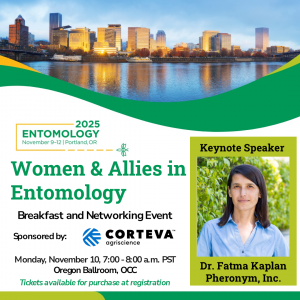
Pheronym founder and CEO Dr. Fatma Kaplan is a Keynote Speaker at the Women and Allies in Entomology Breakfast, hosted by the Entomological Society of America and sponsored by Corteva Agriscience.
The path to becoming a scientist entrepreneur
Scientists and entrepreneurs both are visionaries and pursue their visions. The journey for faculty position candidates and entrepreneurs has a lot in common. As a faculty candidate you are pitching your vision to an academic committee for establishing an impactful research program. As an entrepreneur, you are pitching your science vision to a number of investors for developing a new product with a huge impact in agriculture. Then both raise funds from grants, establish a laboratory, conduct research and/or development, write peer-review publications, etc.
However, everyone has a unique path to science entrepreneurship!
Join me on November 10 in Portland, OR, to learn my unique journey and resources how you can be a scientist entrepreneur to start your own biotech startup.
